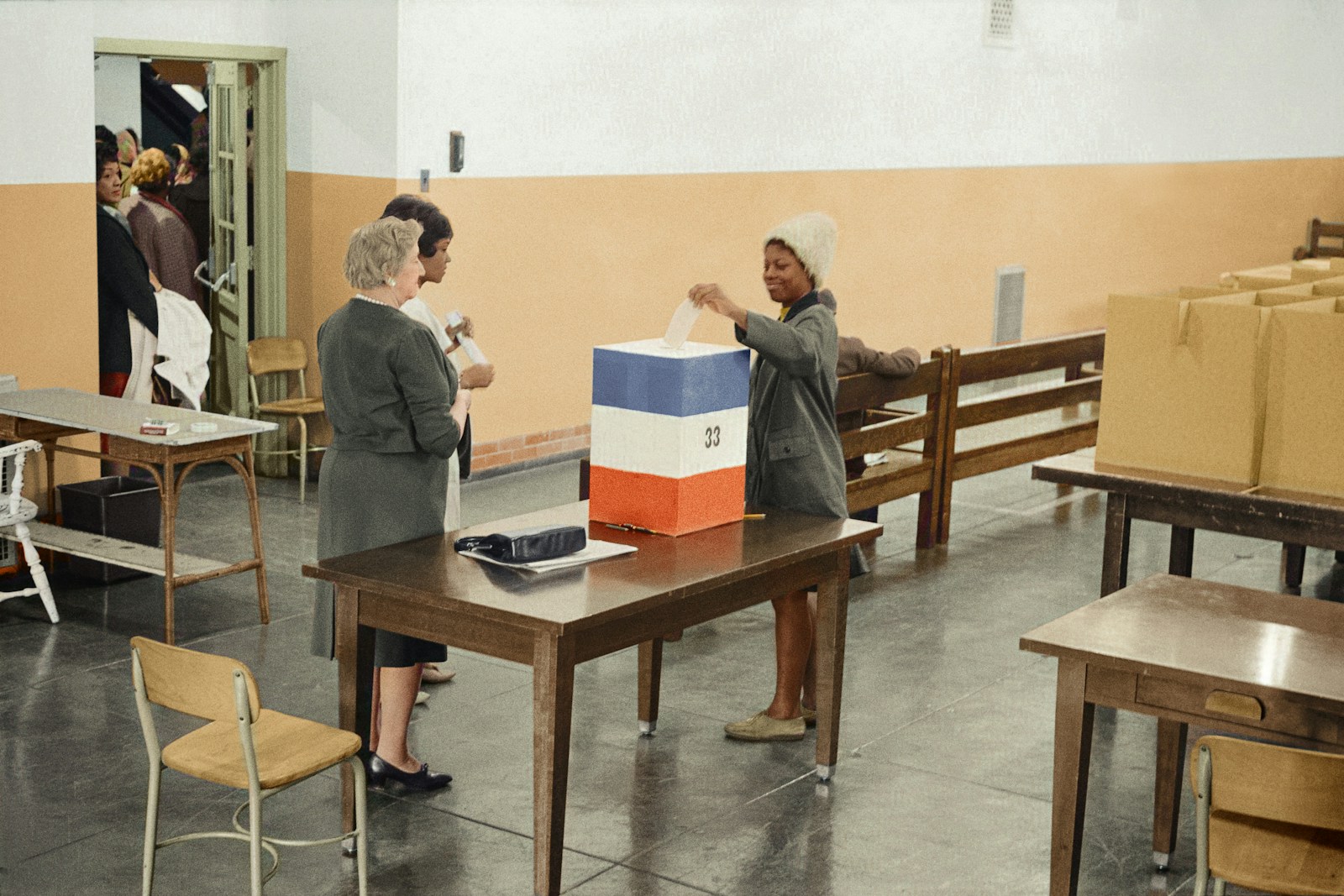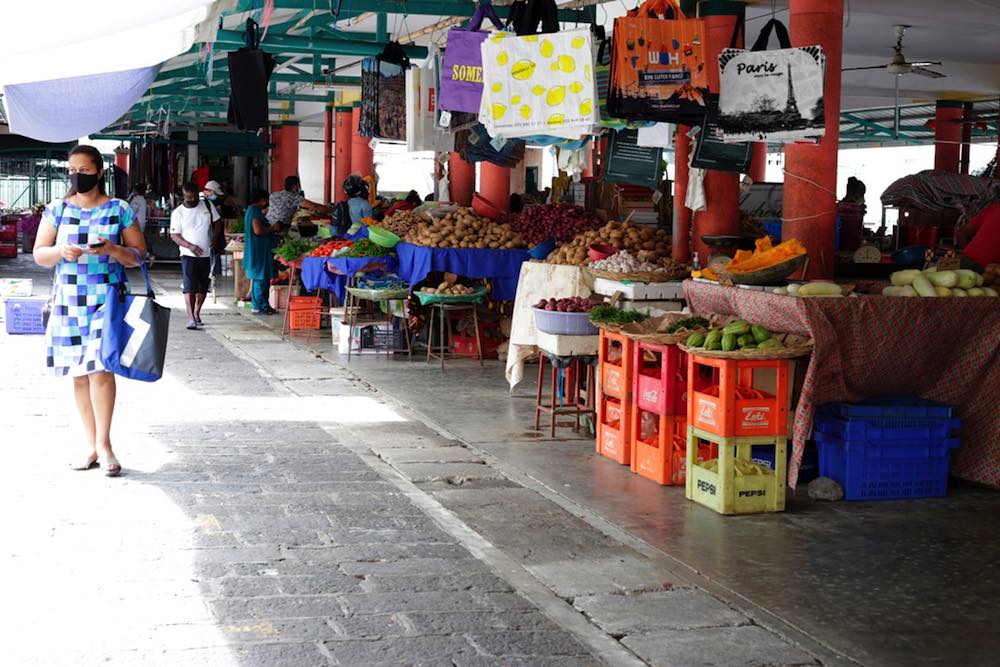On November 7, 2019, over 911,000 Mauritian citizens were called to the polls to elect 60 members of Parliament. While the elections were conducted smoothly, two critical dynamics stood out and shaped the outcome: abstentionism and vote panachage. These factors quietly but powerfully influenced who gained power and who was left behind. This article dives deep into the untold story of the 2019 general elections in Mauritius.
1. Elections Mauritius: The Hidden Power of Abstentionism
Abstentionism in Mauritius has often been viewed as apathy or disinterest, but in 2019, it became a decisive political force. A significant portion of the electorate chose not to participate, with many voters expressing distrust in the existing political system or dissatisfaction with all available options. As a result, major parties won with a reduced share of the total registered votes, calling into question the representativeness of the final outcomes.
According to ORAC, abstention rates were particularly high among young voters and urban populations. This trend suggests a growing disconnect between political parties and key demographic groups, with implications for future election strategies and governance legitimacy.
2. Elections Mauritius-Panachage: The Strategic Voter’s Tool
Unique to the Mauritian electoral system is the possibility of “panachage” – allowing voters to select candidates from different political parties on a single ballot. While this practice encourages individual agency, it also leads to unpredictable outcomes. In 2019, panachage resulted in surprising combinations of elected representatives, sometimes diluting the strength of unified party tickets.
This fragmentation reflects both political awareness and a desire for balance among voters, yet it also complicated seat allocation, especially under the country’s complex Best Loser system. The outcome? Some strong candidates were left out due to split ballots, while others made it through with slim margins.
3. Elections Mauritius-The Best Loser System Under Pressure
The 2019 elections once again brought the controversial Best Loser System (BLS) under scrutiny. Designed to ensure ethnic representation, the BLS added an additional layer of complexity to already fractured results caused by abstention and panachage. While some argue that it brings balance, critics claim it no longer reflects the realities of a modern, diverse Mauritian society.
Combined with the strategic voting patterns observed and the low voter turnout, the BLS allocation in 2019 led to debates about fairness, transparency, and the future of electoral reform in Mauritius.
Read more about Mauritius’ evolving democratic landscape on MauritiusBizMonitor.
4. Elections Mauritius- Electoral Geography: Urban vs Rural Voting Patterns
One of the most striking observations during the 2019 Mauritius elections was the divergence in voting behavior between urban and rural constituencies. Urban areas such as Port Louis, Beau Bassin, and Vacoas-Phoenix showed greater levels of abstention and vote panachage, reflecting political fragmentation and voter disillusionment.
In contrast, rural districts like Flacq and Savanne displayed more cohesive voting blocs, with stronger support for traditional party alliances. Analysts suggest that rural voters may be more influenced by direct political patronage, local networks, or community mobilization, giving certain parties a strategic edge in these regions.
This urban-rural divide not only influenced the distribution of seats but also highlighted underlying socio-economic and ideological differences that shape the Mauritian political landscape.
5.Elections Mauritius: Role of Social Media and Misinformation
The 2019 elections were also marked by a surge in digital campaigning and the spread of political content on platforms such as Facebook and WhatsApp. While social media enabled direct engagement between candidates and voters, it also opened the floodgates to misinformation, fake news, and coordinated smear campaigns.
Numerous political observers and watchdog organizations reported incidents where viral content misrepresented party policies or manipulated ethnic tensions. In a country with a rich yet sensitive multicultural fabric, such tactics posed serious risks to social cohesion and fair democratic practice.
Going forward, there is growing pressure on the Electoral Commission and government bodies to implement stronger digital monitoring frameworks to ensure future elections remain free, fair, and informed.
6. Elections Mauritius-Voter Education: The Missing Pillar
Despite Mauritius’ long history of democratic elections, the 2019 polls exposed a persistent gap in voter education. Many citizens, especially first-time voters
Many citizens, especially first-time voters and younger demographics, appeared unaware of the implications of vote panachage or abstention. This lack of understanding may have led to unintentional consequences in the seat allocation process, with voters either misusing their ballots or opting out of participation altogether.
NGOs and civil society groups had limited reach in pre-election awareness campaigns, and the absence of a robust civic education program left a vacuum in informed political participation. For a democracy to thrive
7. Elections Mauritius:The Impact of Demographic Shifts on Elections Mauritius
The evolving demographic landscape in Mauritius significantly influenced the 2019 Elections Mauritius outcomes. With increasing urbanization, a growing middle class, and shifting ethnic compositions, political parties faced new challenges in tailoring their campaigns. These demographic changes altered traditional voting blocs, forcing parties to rethink their platforms and voter outreach strategies to remain relevant.
8. Elections Mauritius: Coalition Politics and Seat Negotiations
Coalition-building remains a hallmark of Mauritius’s multiparty system. In the 2019 Elections Mauritius, post-election negotiations between parties were as critical as the vote itself. The fragmented vote, amplified by panachage and abstention, made simple majorities rare, necessitating alliances often based on political expediency rather than ideological alignment. This reality has sparked ongoing debates about political stability and governance effectiveness.
9. Women’s Representation: Progress and Challenges
Women’s participation in Elections Mauritius has gradually increased, yet challenges persist. The 2019 elections saw a modest rise in female candidates and elected officials, highlighting ongoing efforts to promote gender equality in politics. However, cultural, social, and institutional barriers continue to limit women’s full political engagement, demanding targeted policies and societal change.
10. Future Prospects: Reform and Renewal
Looking ahead, the lessons from the 2019 Elections Mauritius emphasize the need for electoral reform and democratic renewal. Addressing abstentionism, enhancing voter education, revisiting the Best Loser System, and tackling misinformation are essential steps to strengthen Mauritius’s democracy. Political actors and civil society must collaborate to build trust and ensure elections genuinely reflect the will of the people.
According to ORAC, abstention rates were particularly high among young voters and urban populations. This trend suggests a growing disconnect between political parties and key demographic groups, with implications for future election strategies and governance legitimacy. For detailed local political analyses, visit Voice Mauritius News.
Conclusion
The 2019 Elections Mauritius offered valuable insights into the complexities of Mauritian democracy. Abstention and panachage played pivotal roles in shaping the electoral landscape, exposing weaknesses in the current system. For Mauritius to advance politically and socially, it must embrace reforms that foster inclusivity, transparency, and active citizen participation. Only through such efforts can the nation secure a stable and representative government that meets the aspirations of all its people.




